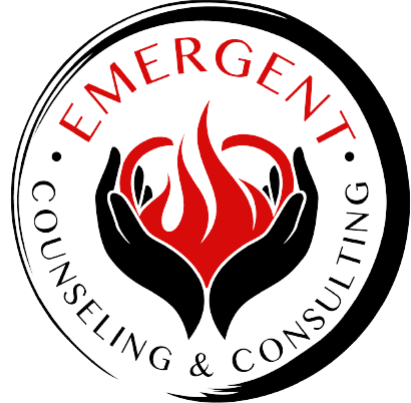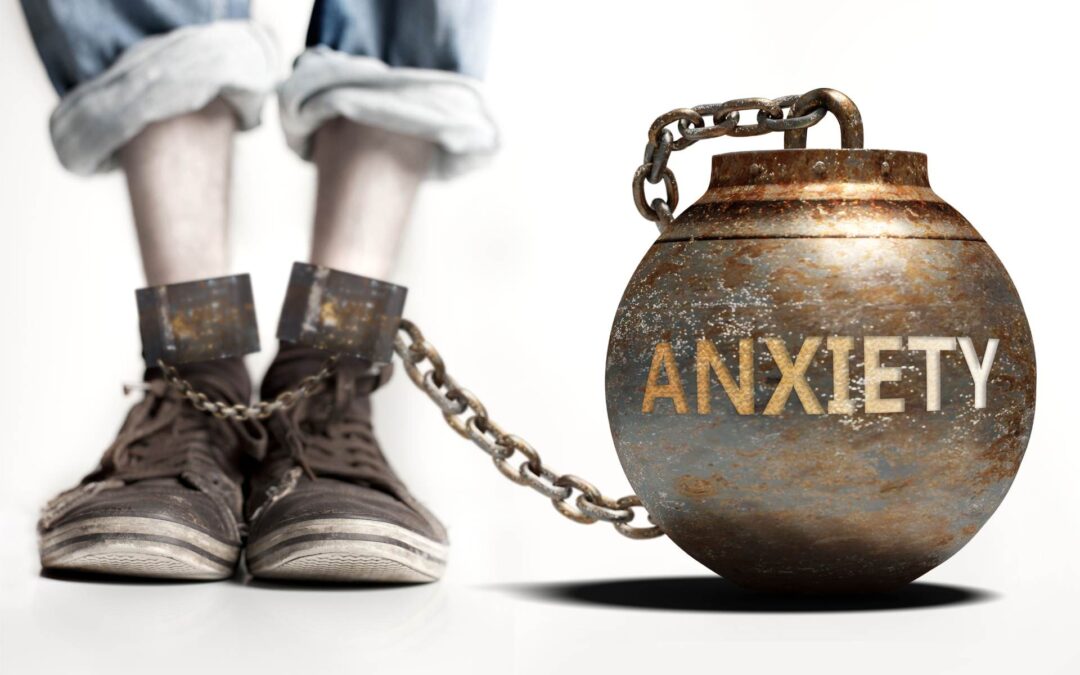We’ve all be there the racing thoughts, the constant worry, the feeling that something terrible is just around the corner. For years, I told myself it was normal – just part of being a responsible adult in a stressful world. But over time, my anxiety began to take over more and more of my life until I could barely function. Looking back, I wish I had recognized the signs earlier and gotten help sooner. If you’re struggling with anxiety, you’re not alone. Anxiety disorders are incredibly common, affecting millions of people worldwide.
The tricky part is knowing when “normal” stress and worry have crossed the line into something more serious that requires professional help. Through my own journey and conversations with mental health professionals, I’ve learned to recognize some key signs that anxiety has become too much to handle on your own. I’m sharing them here in hopes that it might help others get the support they need sooner rather than later.
Physical Symptoms That Won’t Go Away
One of the first signs I noticed was that my physical symptoms of anxiety weren’t just occasional anymore – they had become near-constant companions. I’m talking about things like:
- A racing heart, even when I wasn’t doing anything strenuous
- Muscle tension, especially in my neck and shoulders
- Stomach issues like nausea or diarrhea
- Fatigue and trouble sleeping
- Headaches and dizziness
At first, I blamed it on too much coffee or not enough sleep. But when these symptoms persisted for weeks on end, I realized something deeper was going on
If you’re experiencing ongoing physical symptoms of anxiety that interfere with your daily life, it may be time to talk to a professional.
Avoiding People and Situations
Another red flag I wish I had paid attention to earlier was my growing tendency to avoid certain people, places, and situations. What started as occasionally bailing on social plans turned into a pattern of isolation. I found myself:
- Making excuses to skip work events or gatherings with friends.
- Avoiding places that made me anxious, like crowded stores or busy restaurants.
- Procrastinating on important tasks or decisions because they felt overwhelming.
This avoidance provided temporary relief, but it also severely limited my life and relationships. If you find yourself regularly avoiding things due to anxiety, it’s a sign that professional help could make a big difference.
Constant Worry and Intrusive Thoughts
We all worry sometimes, but there’s a point where it becomes excessive and uncontrollable. For me, it felt like my mind was constantly spinning with “what if” scenarios and worst-case outcomes. I couldn’t turn it off, even when I logically knew my fears were unlikely or irrational. Some signs that worry has become problematic include:
- Difficulty concentrating on tasks or conversations because your mind keeps wandering to worries.
- Trouble falling asleep because you can’t stop thinking about your concerns.
- Fixating on small details or perceived threats
- Constantly seeking reassurance from others
If your worries feel all-consuming and interfere with your daily life, it’s worth reaching out for help.
Impact on Relationships and Work
Anxiety doesn’t just affect us internally – it can have a major impact on our relationships and performance at work or school. In my case, I found myself:
- Snapping at loved ones over minor issues because I was constantly on edge.
- Struggling to meet deadlines or complete tasks due to perfectionism and procrastination.
- Avoiding taking on new responsibilities or opportunities due to fear of failure
If you notice that anxiety is causing problems in your personal or professional life, it’s a strong indicator that professional support could be beneficial.
Self-Medicating or Unhealthy Coping Mechanisms
When anxiety becomes overwhelming, it’s natural to look for ways to cope. Unfortunately, some of these coping mechanisms can do more harm than good in the long run. I found myself turning to alcohol more frequently to “take the edge off” and relying on binge-watching TV to escape my thoughts. Other unhealthy coping mechanisms might include:
- Overeating or undereating
- Excessive shopping or gambling
- Overworking or perfectionism
- Self-harm
If you find yourself depending on these behaviors to manage your anxiety, it’s a clear sign that healthier coping strategies and professional support are needed.
When to Seek Help
The truth is, there’s no perfect formula for when to seek help for anxiety. If your anxiety is causing significant distress or interfering with your daily life in any way, it’s worth reaching out to a mental health professional. They can provide an accurate diagnosis and work with you to develop an effective treatment plan.
Remember, seeking help isn’t a sign of weakness – it’s a courageous step towards reclaiming your life from anxiety. I wish I had taken that step sooner, but I’m grateful for the support and tools I’ve gained through therapy. If you’re struggling, know that effective treatments are available and that you don’t have to face anxiety alone.
Anxiety may always be a part of my life to some degree, but it no longer controls me. With the right support and strategies, you too can learn to manage your anxiety and live a fuller, more peaceful life.
Don’t wait until things get worse – if you recognize these signs in yourself, reach out for help today.

